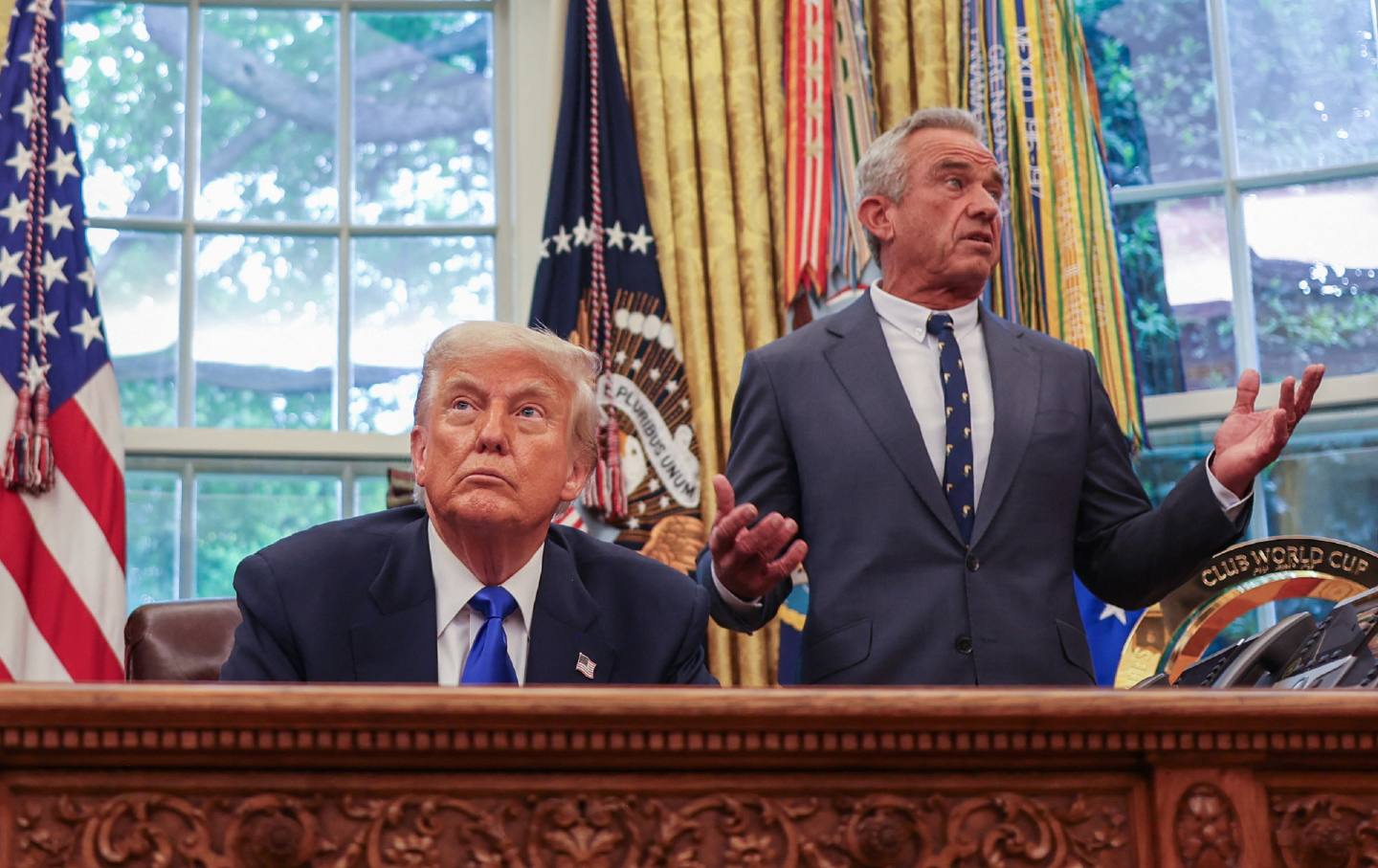
"The Senate Finance Committee hearing with Robert F. Kennedy Jr. was explosive. The Secretary of Health and Human Services was accused of "reckless disregard for science and the truth," and senators from both parties were openly hostile as they questioned him extensively on his vaccine policies, as well as the firing of scientific advisory board members and agency heads and their replacement with ideologically driven anti-vaccine supporters."
"The distrust of his honesty and integrity was palpable. The public health community already mistrusted his views on vaccines and the role of science. There was, however, some modest hope that he would at least follow through on his views on the environmental causes of chronic disease and the food industry's disastrous impact on obesity and diabetes, as well as other diseases. Sadly, that's been anything but the case and there's quite a history behind that reality."
"Historically, some instances of unnecessary suffering are glaringly obvious. Take, for instance, the exploitation and often premature death of Africans enslaved and transported to the New World under conditions so inhumane that approximately 10% to 20% of them perished during what came to be known as the Middle Passage. And don't forget the suffering and early deaths of so many who survived and were consigned by Whites to forced labor in the American South, where the average life expectancy of a newborn slave chi"
A Senate Finance Committee hearing with Robert F. Kennedy Jr. featured bipartisan hostility, accusations of "reckless disregard for science and the truth," and claims he fired scientific advisory board members and agency heads while installing ideologically aligned anti-vaccine supporters. Senators labeled him a charlatan and liar amid three-hour questioning. Public health professionals mistrusted his vaccine views and his integrity. Some observers hoped he would act on environmental links to chronic disease and the food industry’s role in obesity and diabetes, but those hopes proved misplaced. The environmental-health focus connects to a longer history of preventable public health disasters rooted in exploitation and structural harm.
Read at The Nation
Unable to calculate read time
Collection
[
|
...
]